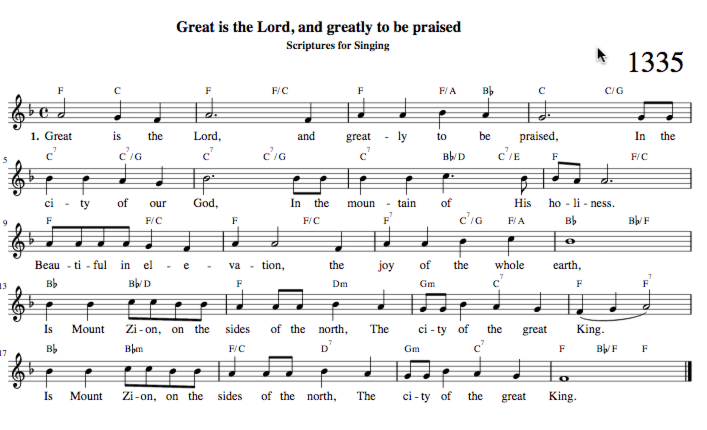Ezekiel 18 is a chapter on personal responsibility. Ezekiel begins the chapter quoting an old proverb and explaining why it is not an acceptable excuse for his listerners to use in excusing their convenant-breaking sin.
The proverb quoted in verse 2, “The fathers eat sour grapes, and the children’s teeth are set on edge,” is also found in Jeremiah 31:29, so it must have circulated both in Jerusalem and among the exiles. Apparently some people were using the saying as a cop-out: there was little they could do with their miserable lot, they were saying, since they were suffering for the sins of their fathers, about which they could do nothing. So instead of pursuing justice and covenant renewal, they were using the proverb as an excuse for moral indifference and tired fatalism.1
As a father, however, I must also remember the strong influence that my actions play in the development of my own children. I do not live my life on an island and my sin does in fact influence my children. Carson explains this reality from today’s reading.
We ourselves know that sin is often social in its effects: for instance, children from backgrounds of abuse often become abusers, children from arrogant homes often become arrogant themselves, or turn out to be broken and bitter. Sin is rarely entirely private and individualistic. The proverb is not entirely wrong.2
Having stated that, however, it is important for me to realize with my own background, that I am entirely responsible and accountable for my own choices and my own sin. I love that this chapter very clearly lays out the facts in this regard. A righteous person will not suffer judgment for the sins of his father. If however, a righteous person turns from his convenant relationship with God and begins to sin, he will be held responsible for that sin. Likewise if a sinful person turns from his sin to follow God and to hold to a convenant, his sins will be forgiven and forgotten and he will experience the blessings of God. D.A. Carson explains this further,
Ezekiel’s point is a little different. God is concerned with every individual: “For every living soul belongs to me, the father as well as the son” (Ezekiel 18:3). Moreover, whatever social consequences there are to sin, one must never use the proverb as an excuse to cover current sin. Individual responsibility always prevails: “The soul who sins is the one who will die” (18:4)3
In Psalm 62, the author repeats the refrain, “He only is my rock and my salvation,
my fortress; I shall not be shaken.”
If I trust in anything or anyone else but God for my deliverance, I will be disappointed. Only God can and will protect me. Ps. 62:8 instructs me to trust in Him “…at all times.”
This verse from Psalm 63:1 is very appropriate for me this morning,
O God, you are my God; earnestly I seek you;
my soul thirsts for you;
my flesh faints for you,
as in a dry and weary land where there is no water.
Once again, the psalmist shares his delight in the “steadfast love of God” in Ps. 63:3. Because everything in life seems fleeting and temporary, it is good to be reminded that God’s love endures everything. In a time of life when love seems distant, the reminder of His abiding love is comforting.
1 D. A. Carson, For the Love of God: a Daily Companion for Discovering the Riches of God’s Word., vol. 2 (Wheaton, IL: Crossway Books, 1998), 25.
2 Carson.
3 Carson.

